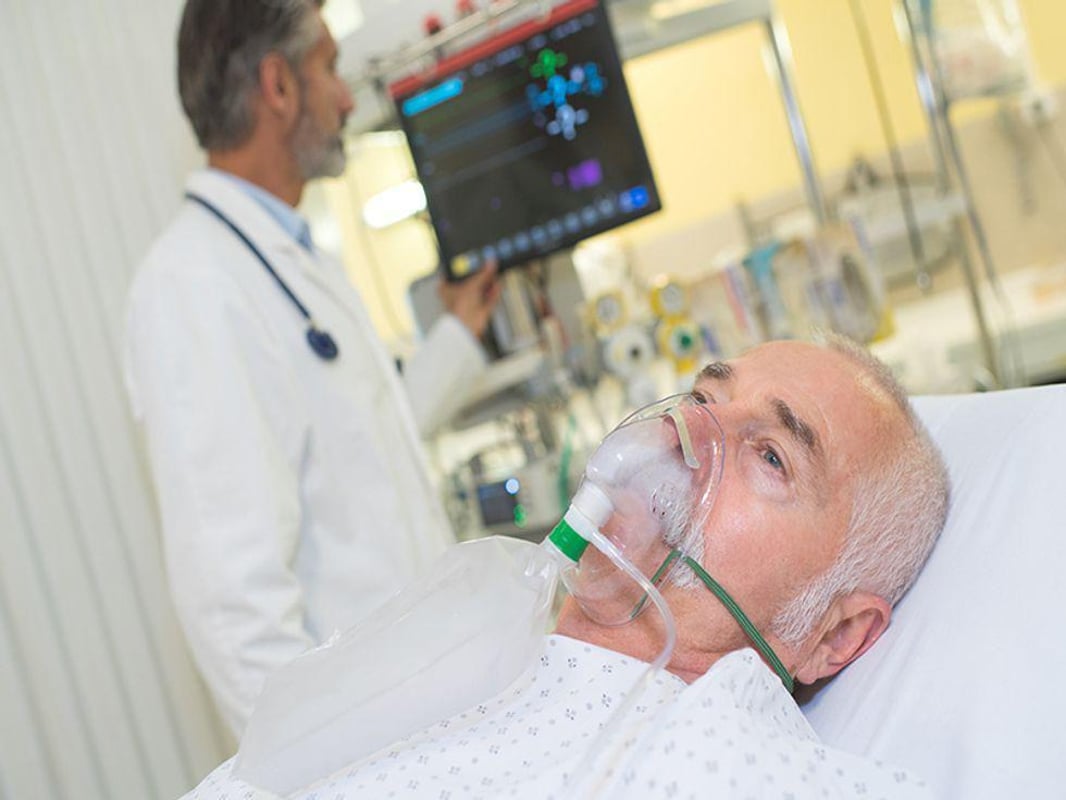Monoclonal Antibody Treatments for COVID-19: An Expert Explains

TUESDAY, Aug. 31, 2021 (HealthDay News) -- Monoclonal antibody infusions can help prevent severe COVID-19, but the best protection is to get vaccinated, experts say.
Antibodies are made by the immune system to fight infections.
"The problem is that our immune system takes two to three weeks to make good antibodies," said Dr. Turner Overton, co-director of the Alabama Vaccine Research Clinic at the University of Alabama at Birmingham (UAB).
"Monoclonal antibodies are supplemental antibodies that can be administered early in the course of infection -- the first 10 days after symptoms commence -- to rapidly bind and kill the COVID virus," he said in a university news release. "This infusion can be lifesaving if given in the first 10 days of symptoms."
Monoclonal antibody infusion lowers the odds of hospitalization by 70% in high-risk unvaccinated people, according to Overton.
Although it works almost immediately, the protection lasts only a few weeks to a few months and, Overton said, is not as effective as getting vaccinated.
"The monoclonal antibodies are not as durable as the vaccine," he said. "The vaccine trains a healthy immune system to protect from a future infection, and the protection can last much longer."
If you're pregnant and have COVID, you should consider getting monoclonal antibody infusion, according to Dr. Jodie Dionne, an assistant professor in the Division of Infectious Diseases at UAB.
She noted that studies show infusions are very effective in keeping people with other health issues out of the hospital. Pregnancy is one of those health issues.
"The goal for these people, once diagnosed with COVID, is to get them into these clinics where they can have the antibodies to keep them out of the hospital," she said. "It doesn't work for everybody, but we're trying to ramp up the access for people including pregnant women so they can get access to it if they need it."
Like Overton, Dionne added that being fully vaccinated is the best way to lower your risk of being hospitalized with COVID-19.
"If we could get all Alabamians vaccinated, we could get our lives back to normal," she said.
As of Aug. 24, 45.6% of adults in Alabama have been fully vaccinated, according to the New York Times, which cited U.S. Centers for Disease Control and Prevention data. That's among the lowest rates in the nation.
More information
U.S. Health and Human Services has more about monoclonal antibodies for COVID-19.
SOURCE: University of Alabama at Birmingham, news release, Aug. 23, 2021
Related Posts
Pandemic Lockdowns, Closures Tough on People With Disabilities
TUESDAY, June 27, 2022 (HealthDay News) -- When the early days of the pandemic...
Compounds in Chocolate, Berries Might Help Boost Memory As You Age
TUESDAY, May 30, 2023 (HealthDay News) -- You'll likely lose some of your memory...
Para muchas personas, la alegría de las fiestas se ve opacada por el miedo a la COVID, según una encuesta
MARTES, 14 de diciembre de 2021 (HealthDay News) -- El estrés por la pandemia de...
El horario de las comidas podría alterar su estado de ánimo
MARTES, 13 de septiembre de 2022 (HealthDay News) -- El momento del día, o sobre...
